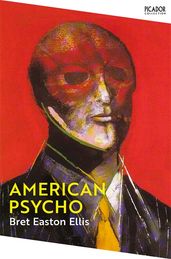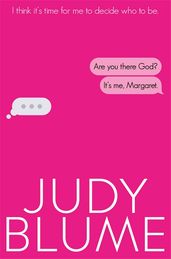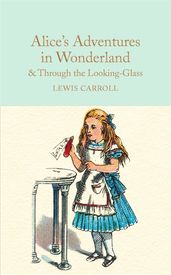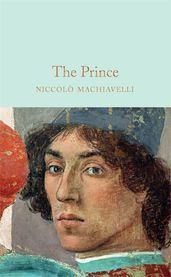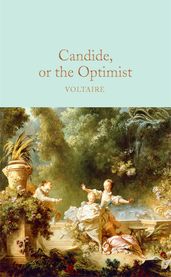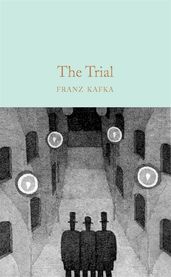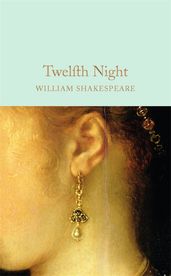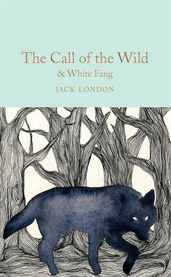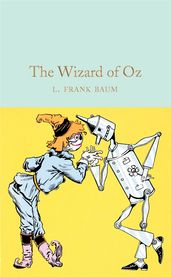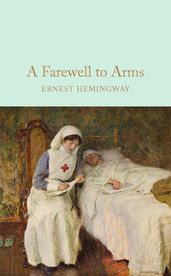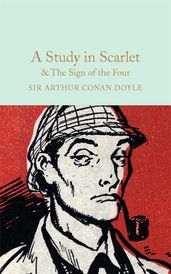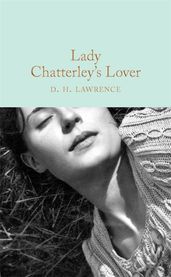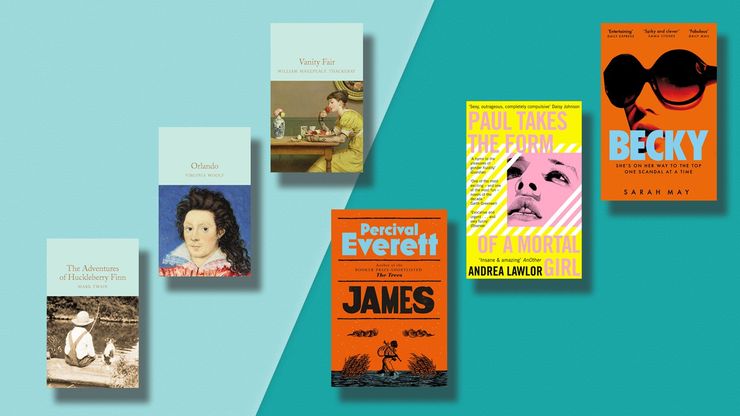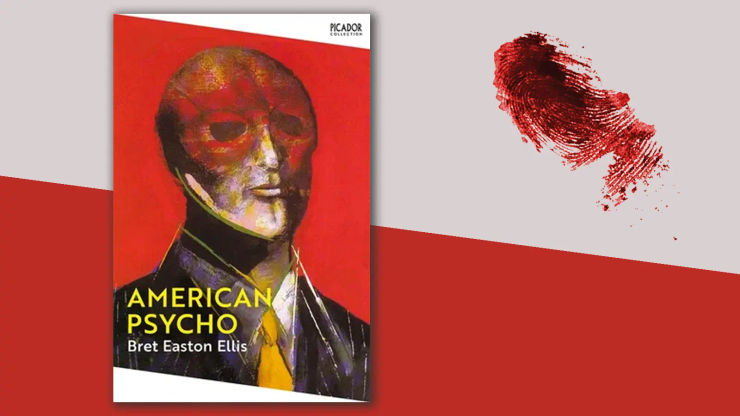Books that were banned and the reasons why
To mark Banned Books Week, we take a look at some of the books we publish that have been banned or challenged around the world, and the sometimes surprising reasons why.
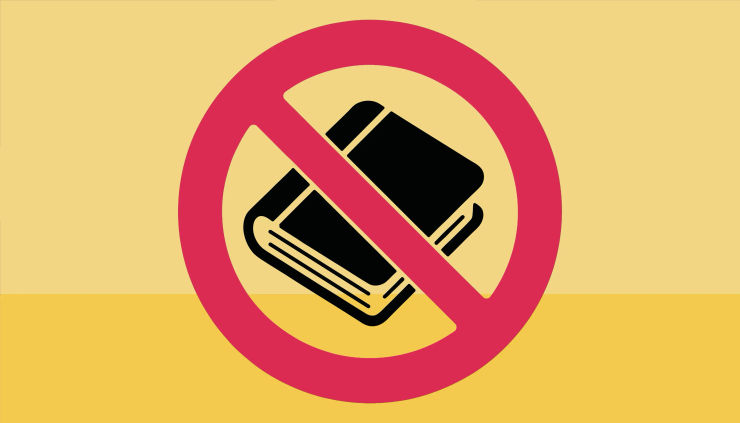
Authors throughout history have struggled to tell their stories in the face of religious dogma and political and social repression. Indeed, in many parts of the world, this is still very much the case. Here we take a look at some of the books now regarded as classics that have been banned throughout history, alongside some more recent books that have faced challenges.
Careless People
by Sarah Wynn-Williams
‘Amazing: of all the books in all the world Mr Free Speech Zuckerberg wants to ban, it’s the one about him.’ – Marina Hyde
Careless People pulls back the curtain on one of the most powerful companies of our time: Facebook. A young diplomat from New Zealand, Sarah Wynn-Williams believed in the platform's potential to change the world for the better. But as she ascended the company’s ranks, she discovered a vastly different reality – one in equal parts absurd, maddening, and jaw-dropping. From wild schemes hatched on private jets to narrowly avoiding prison abroad, this memoir is both darkly funny and deeply unsettling. It isn't just a story about tech – it’s a warning about what happens when responsibility is outsourced and ambition goes unchecked.
Careless People was never actually banned, but Meta did win a court ruling in the US that is preventing Wynn-Williams from promoting or further distributing copies of her memoir. This didn't, however, prevent it becoming a Sunday Times and New York Times bestseller.
American Psycho
by Bret Easton Ellis
On the surface, Patrick Bateman is living the dream: a job as a stockbroker, dinner dates every night at the latest restaurant in town, a string of admirers. But behind the pristine façade lurks a psychopath. It's hard to know which element of Patrick's increasingly sadistic murderous rampage around New York is the most horrifying. The explicit violence. The unsettling feeling of not being entirely sure what's real and what's imagined. The void at the heart of our nightmarish protagonist. Or the implication that the same void sits at the heart of us, too.
American Psycho was originally due to be published by Simon & Schuster in the US, but following a media storm about its supposedly ‘sadistic contents’ they dropped it just three months before its release. It was picked up by Vintage in America, and published by Picador in the UK.
Are You There, God? It's Me, Margaret
by Judy Blume
There's nothing like the shock of recognition, and relief, that comes from realising that you're not the first or only person who feels the way you feel. Are You There God? It's Me, Margaret is a bold, empathetic exploration of what it's like being a teenage girl who feels that they don't quite fit in, and has become a YA classic.
Originally published in 1970, the book was (and in some places still is) challenged for its portrayal of religion and candid discussions of puberty and sexuality.
Classic books that were banned
Alice's Adventures in Wonderland & Through the Looking-Glass
by Lewis Carroll
It's a warm summer's afternoon when young Alice first tumbles down the rabbit hole and into the adventures in Wonderland that have kept readers spellbound for more than 150 years. This beloved children’s book was banned in China in the 1930s as the then government believed animals using the same language as humans was a religious abomination. In the 1960s multiple institutions in the United States banned the book, believing the caterpillar and his hookah promoted the use of hallucinogenic drugs.
The Prince
by Niccolò Machiavelli
Drawing on examples from the ancient Greeks and Romans and from Machiavelli’s contemporaries, The Prince offers – some believed with satirical intent – advice on how a ruler should preserve his power, conduct warfare and maintain his reputation. Satirical or not, the book has the distinction of having been banned at least twice – first by the Pope in 1559 for being anti-Catholic and dangerous, and then by Protestants who felt that it played a role in a 1572 massacre of French Huguenots.
Candide
by Voltaire
Candide is Voltaire’s hilarious and deeply scathing satire on the Age of Enlightenment. It follows young nobleman Candide in his sheltered life under the tutorship of the ridiculous Dr Pangloss who espouses the prevailing 18th-century philosophy of Optimism. While this classic of French literature has been a bestseller for over two hundred years, it was banned by the Great Council of Geneva and the administrators of Paris shortly after its publication in 1759. It was accused of religious blasphemy, political sedition and intellectual hostility.
The Trial
by Franz Kafka
In Kafka's powerful and disturbing novel, an innocent man is arrested and repeatedly interrogated for a crime that is never ever explained. But the ban on Kafka's works in his native land of what was then called Czechoslovakia was only lifted in 1989. He was initially banned under the Nazi occupation of Czechoslovakia during the war and the Soviet regime continued to be suspicious of him after the war. Both The Trial and his other most famous work, Metamorphosis, were banned for twenty years, with the Soviet regime branding him as 'decadent and defeatist'.
Twelfth Night
by William Shakespeare
Shakespeare’s gentle melancholy, enlivened by a comic sub-plot of considerable accomplishment, has long made Twelfth Night a favourite with Shakespearian audiences. Part of what makes Shakespeare so popular is his themes, which have evergreen relevance. However, his works have been banned everywhere from China to Texas at various points. With its joyous approach to cross-dressing characters, Twelfth Night was banned in the school system in Merrimack, New Hampshire for 'encouraging homosexuality.'
The Call of the Wild and White Fang
by Jack London
The descriptions of life from a non-human perspective make these two of the most popular animal stories ever written. The Call of the Wild tells the story of Buck, a domestic dog who is kidnapped from his home in California. White Fang is the tale of a crossbreed wolf/dog, who is tamed and taken to live in California. Writing about animals may seem innocuous, but George Orwell proved that our four-legged friends can carry a powerful political message. In Yugoslavia and in Italy, London's books were banned for their radicalism and anti-totalitarian message.
The Wizard of Oz
by L. Frank Baum
Regarded as a modern fairy tale, L. Frank Baum’s The Wizard of Oz is one of America’s most cherished and enchanting children’s stories. The story follows Dorothy, and her loyal dog Toto, as they are carried away from Kansas by a cyclone to the wonderful world of Oz. This may seem an innocent journey, but throughout the twentieth century and across various US states, the book was banned for its strong female characters, use of magic, promotion of socialist values and attribution of human characteristics to animals.
A Farewell To Arms
by Ernest Hemingway
A Farewell to Arms was inspired by Hemingway's own wartime experience working for the Red Cross. The story follows an ambulance driver and a nurse as they fall in love and find happiness against the backdrop of the First World War. But the book was banned from entering the Boston newsstands upon publication in 1929 as it was deemed pornographic, despite containing no ‘scenes of a sexual nature’. It was also challenged by parents in US school districts in 1974 and 1980.
A Study in Scarlet & The Sign of the Four
by Arthur Conan Doyle
All legends begin somewhere, and the two novels here are where one of the world's best-loved legends began. But in 2011, the first of Arthur Conan Doyle’s Sherlock Holmes mysteries was banned from schools in Virginia. Parents complained that Doyle portrayed the Mormon religion in a negative light. While students still argued that it was a good book, the school board agreed that it was not age appropriate and subsequently banned it.
Lady Chatterley's Lover
by D. H. Lawrence
In Lady Chatterley’s Lover, D. H. Lawrence tells the story of a wife yearning for human contact after her husband returns from war paralysed, and her subsequent illicit and passionate affair with their estate’s gamekeeper, Mellors. The book was published privately in 1928 but banned in the UK and America. After a groundbreaking obscenity trial against Penguin Books, it was published in 1960 and promptly sold three million copies.

